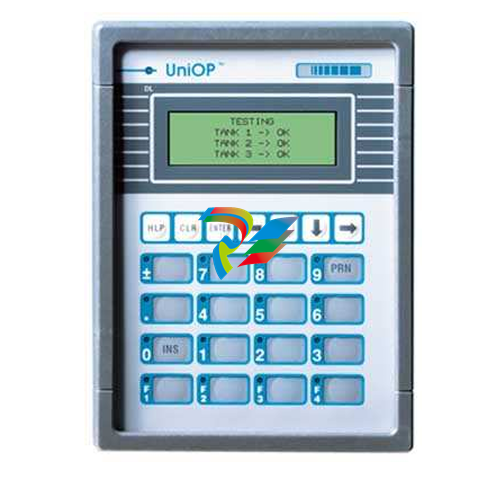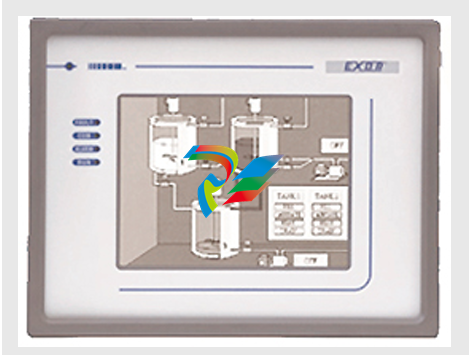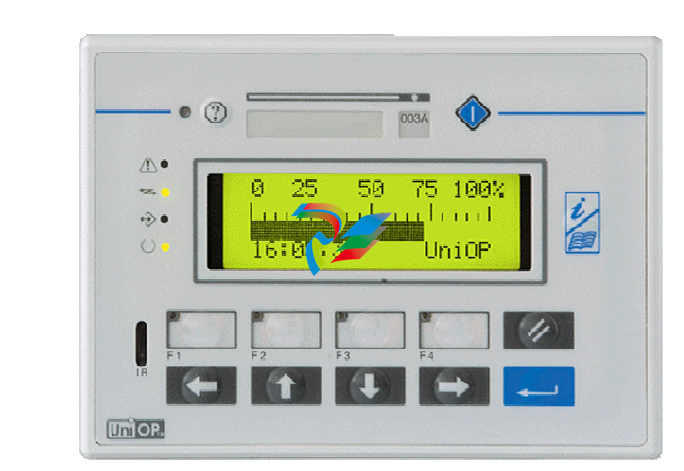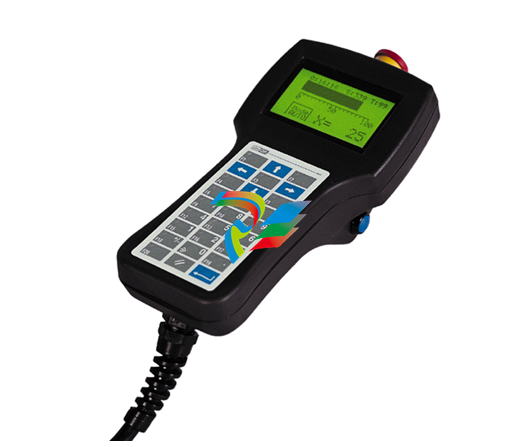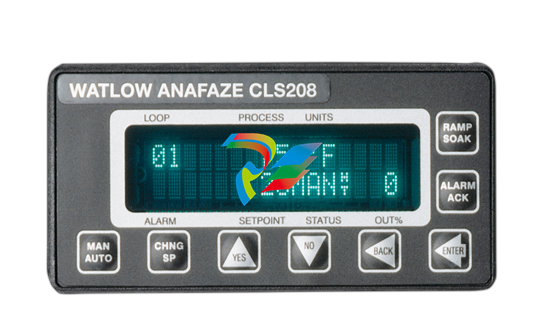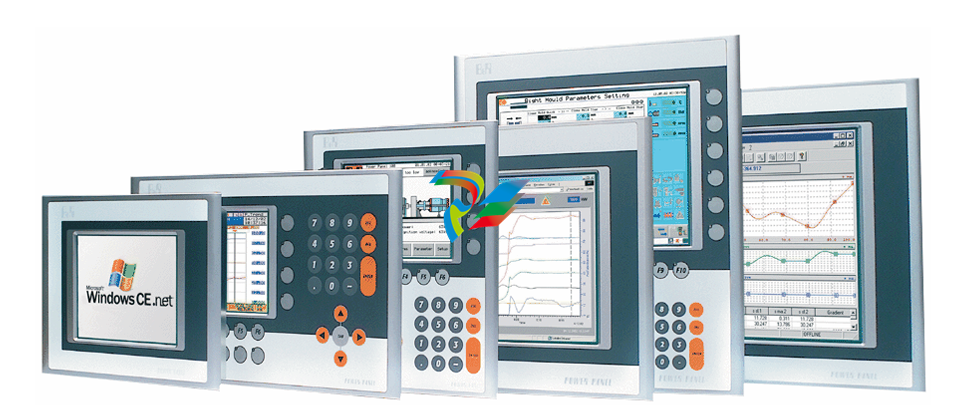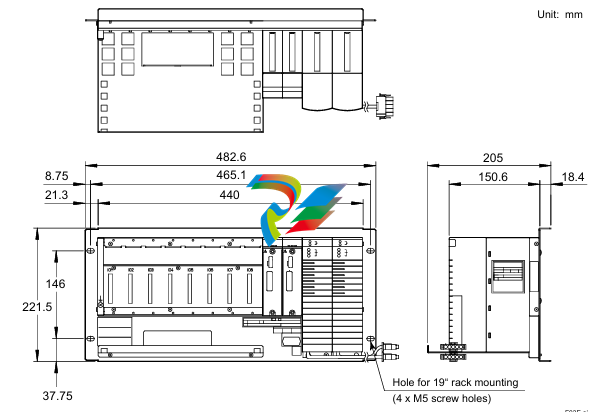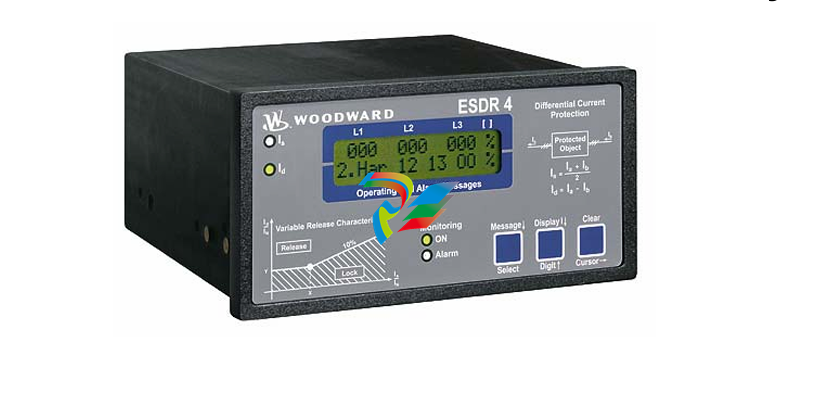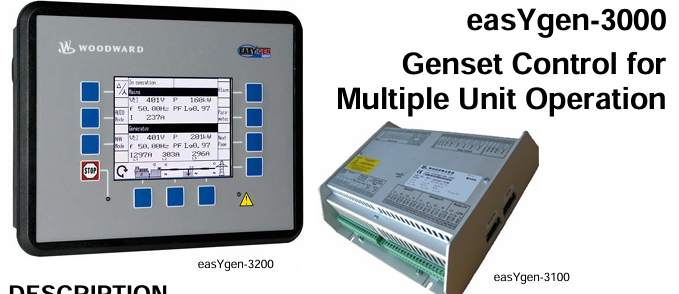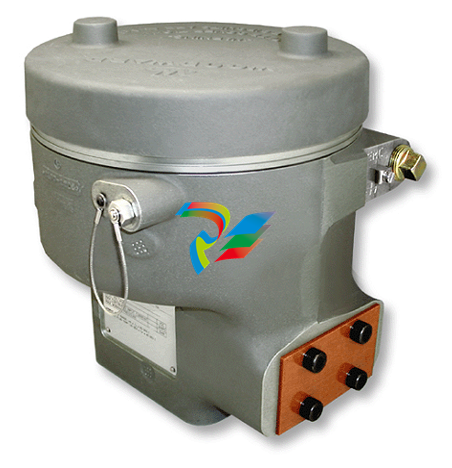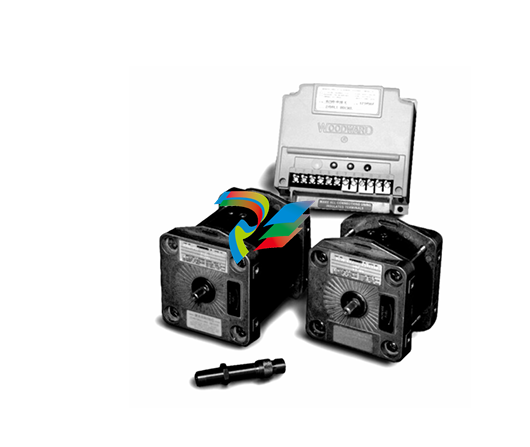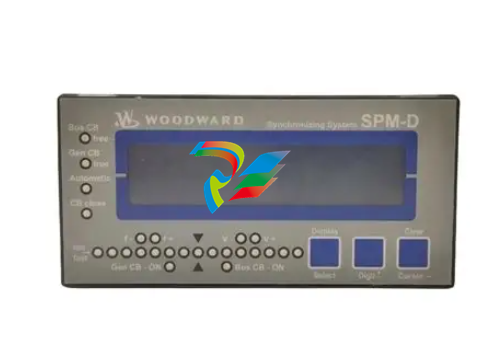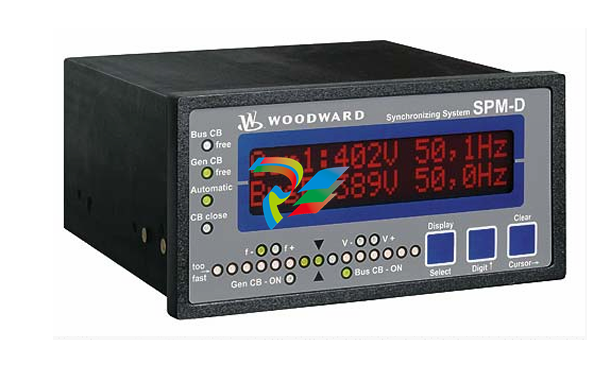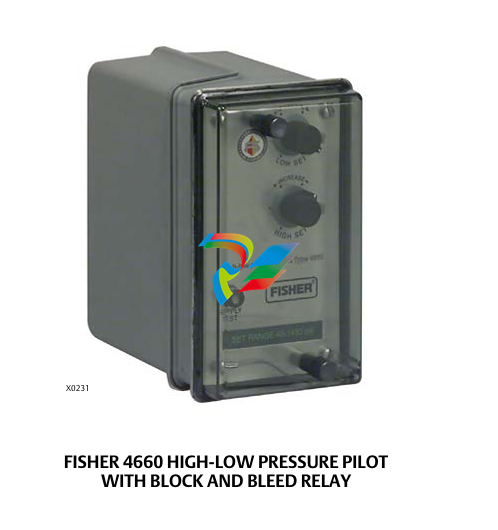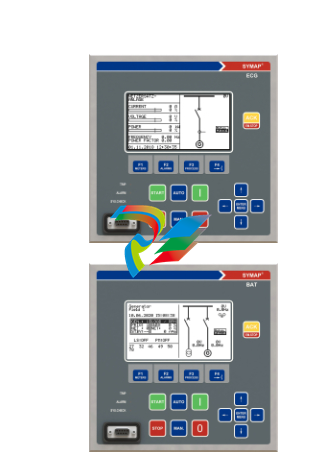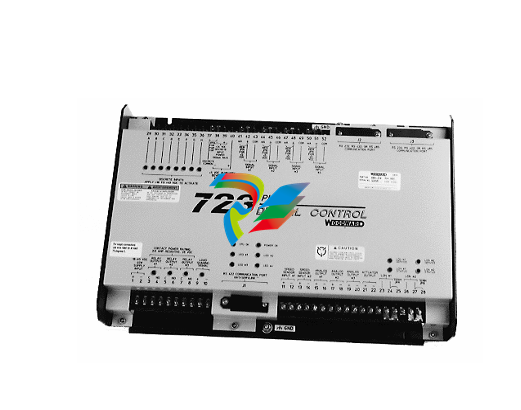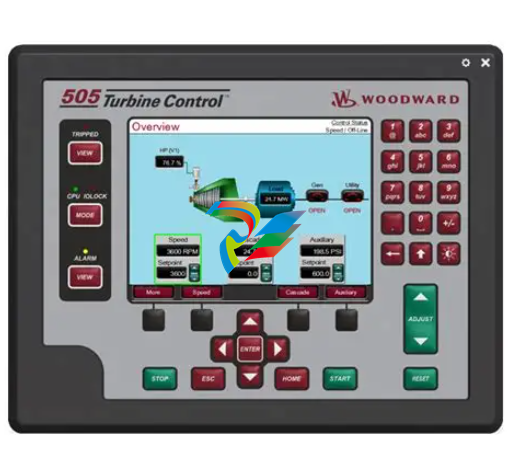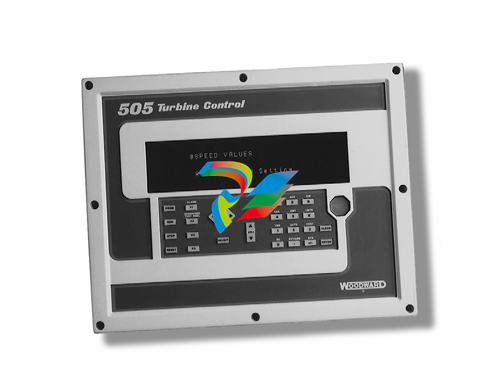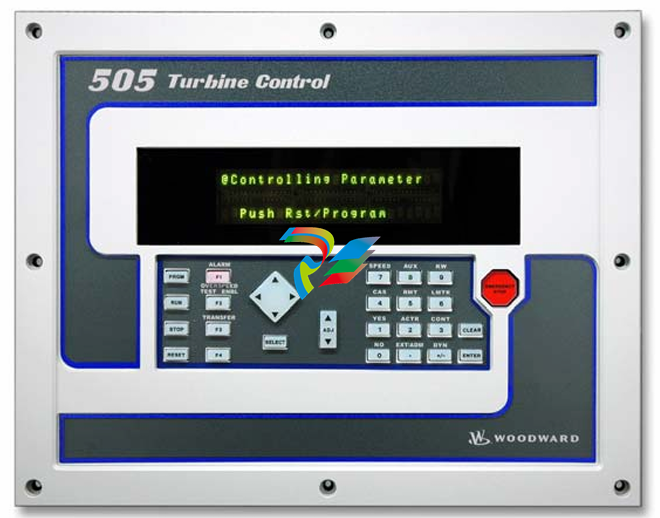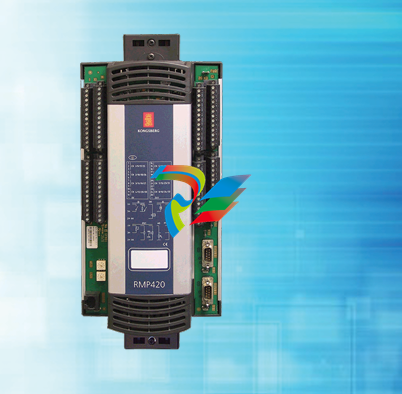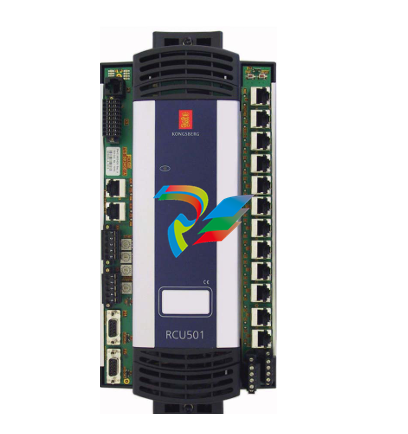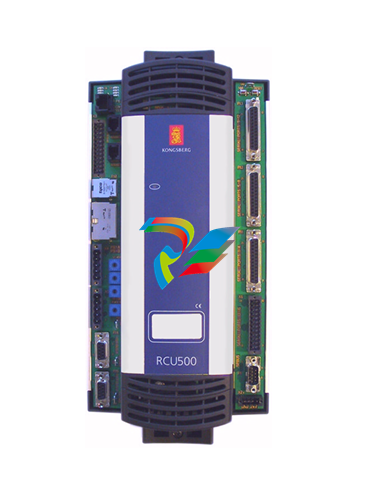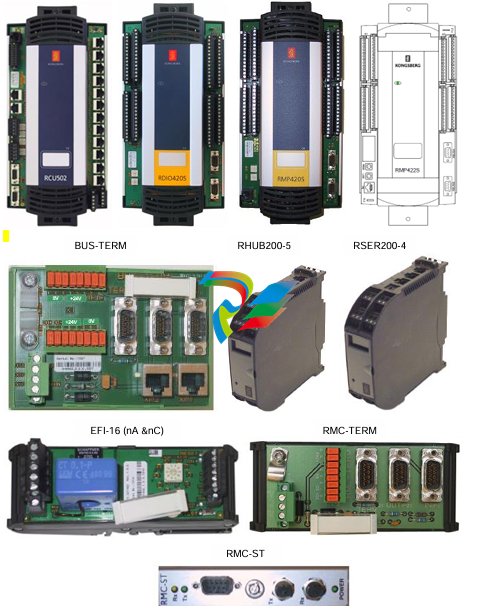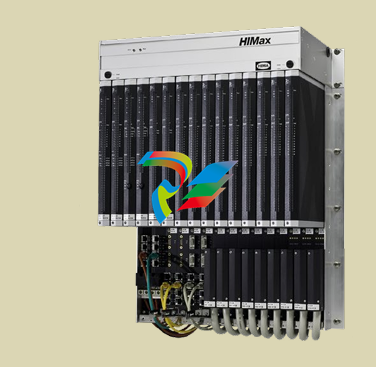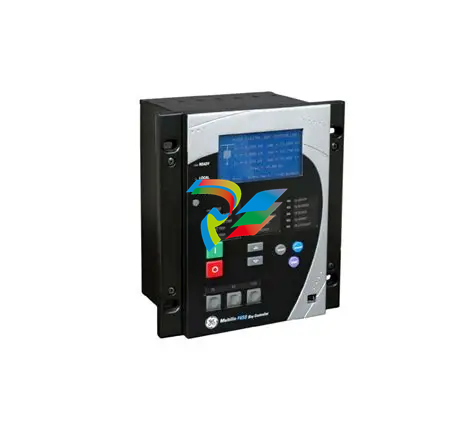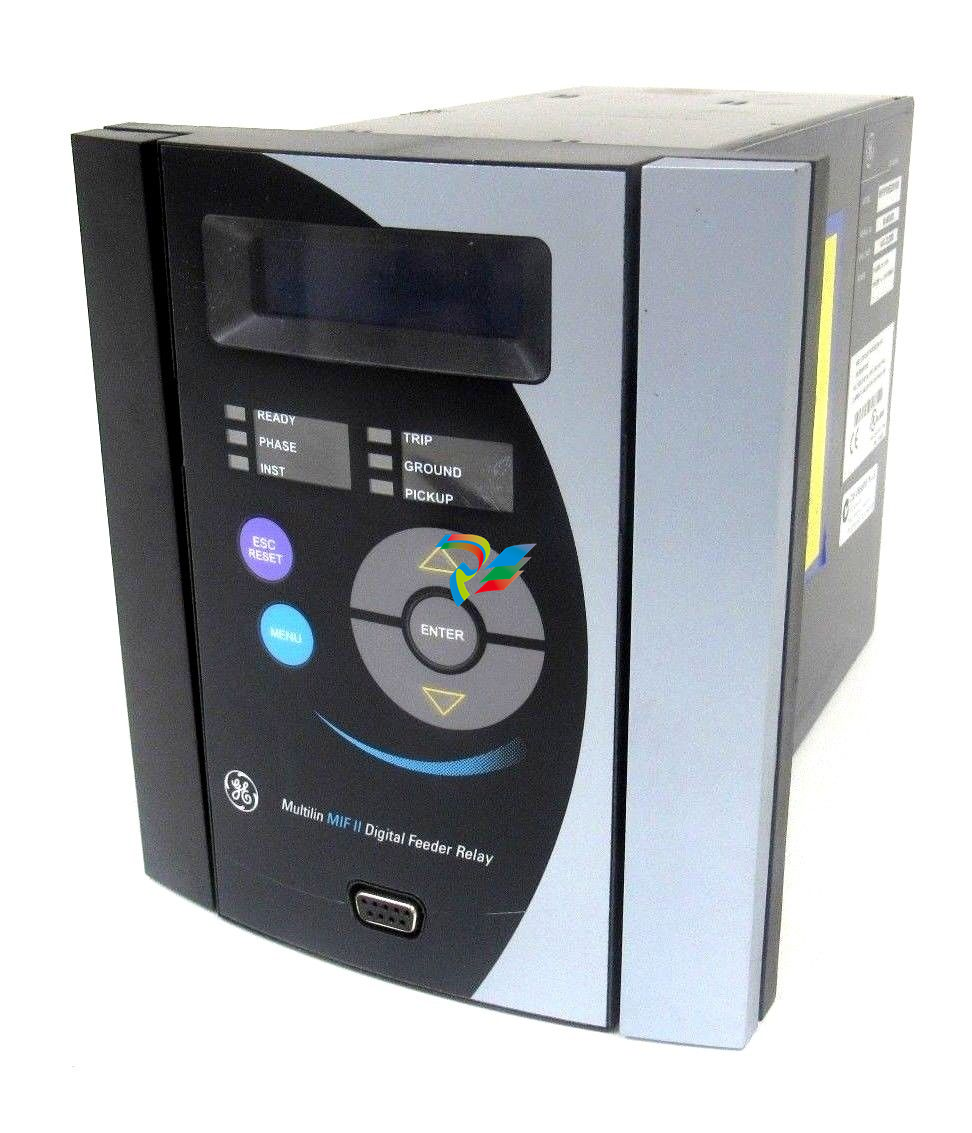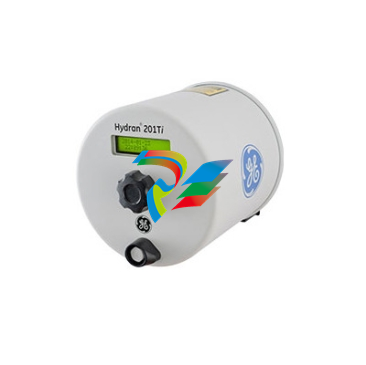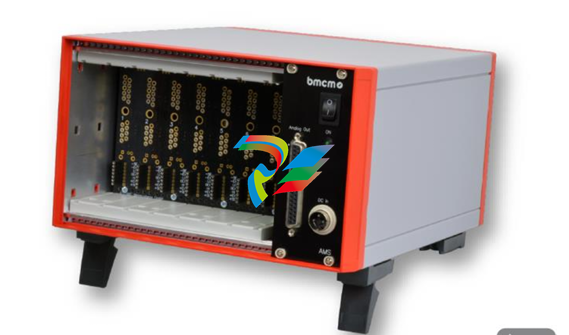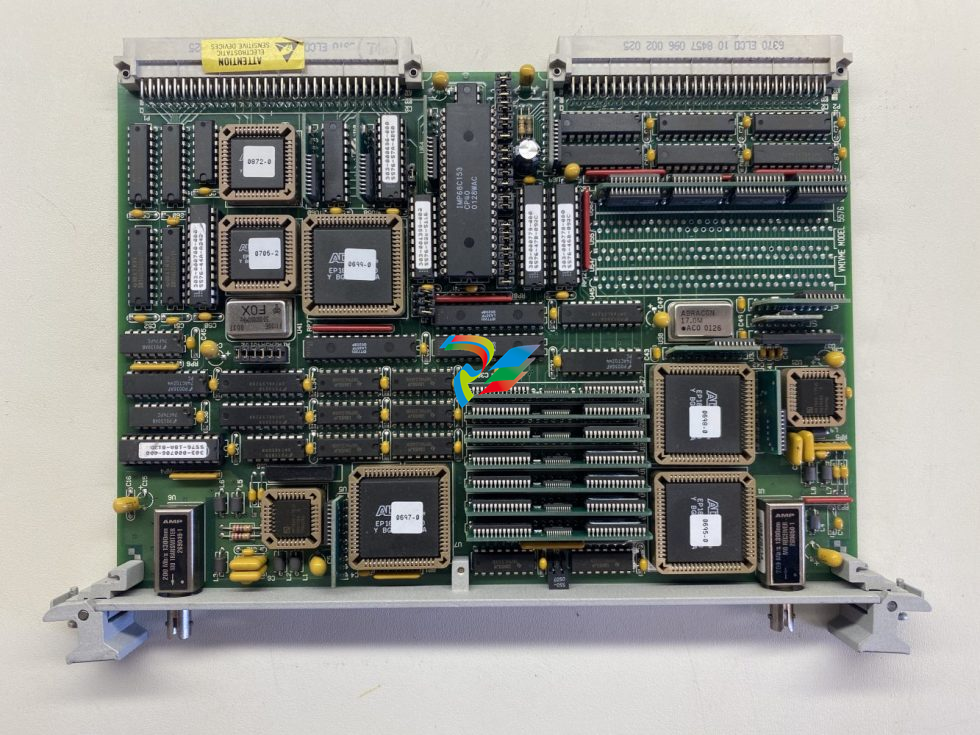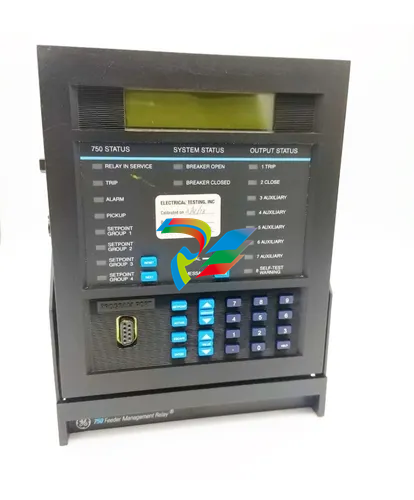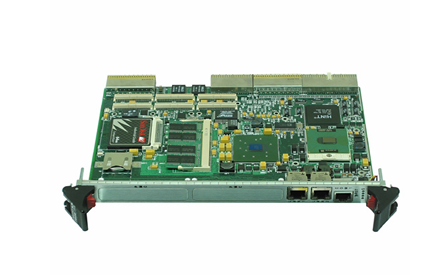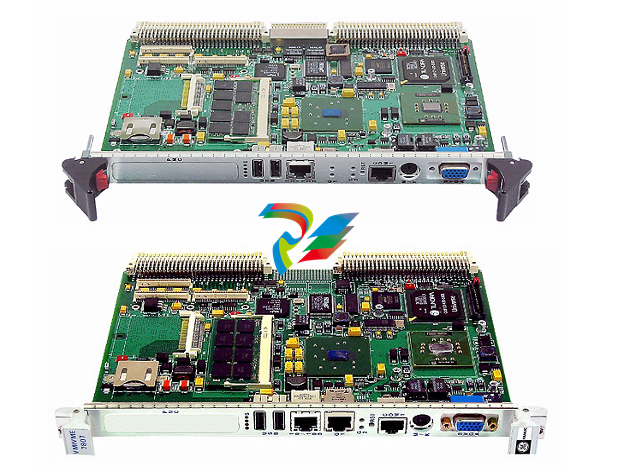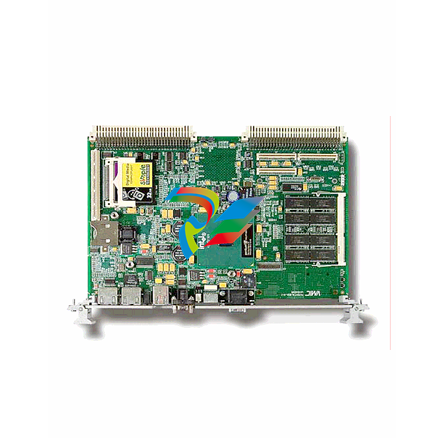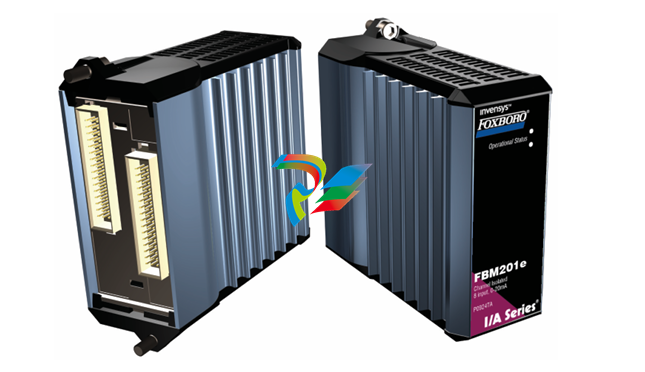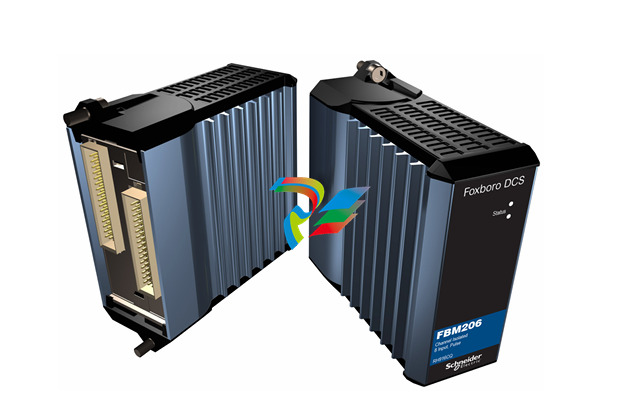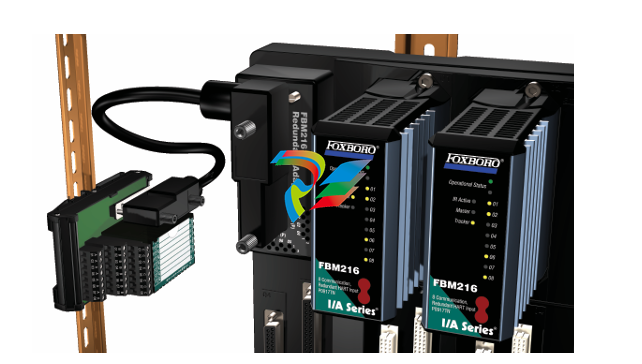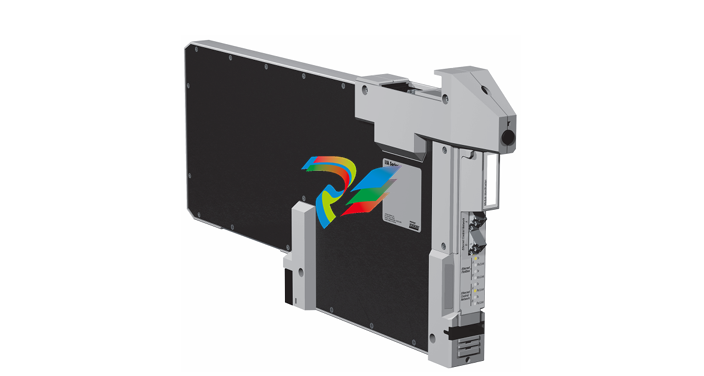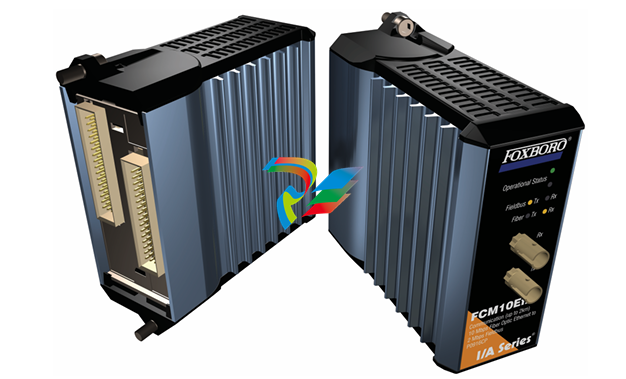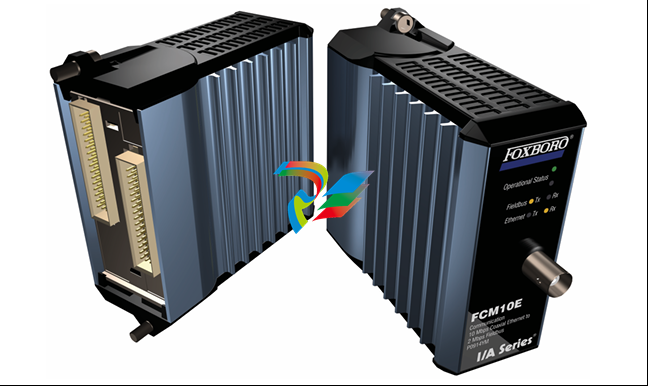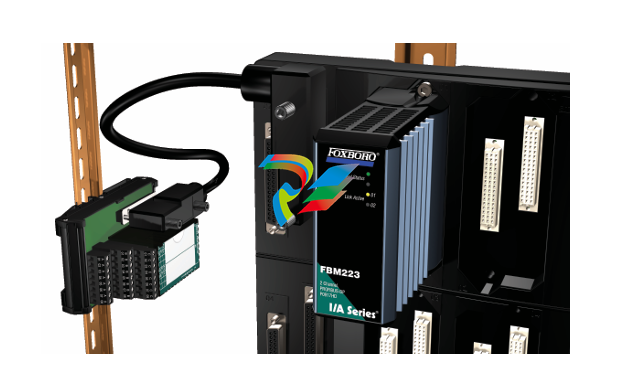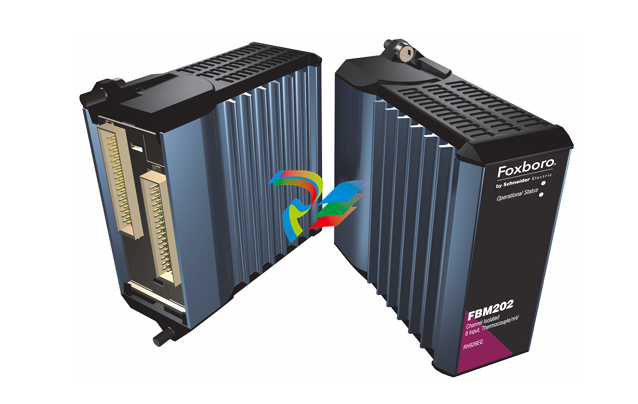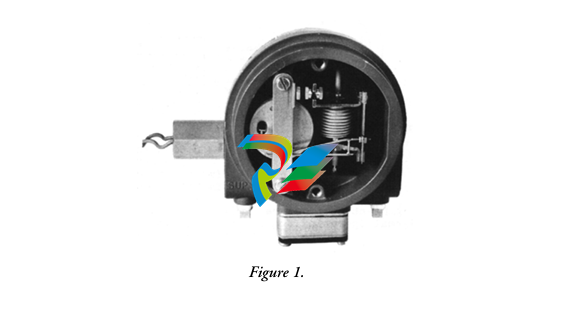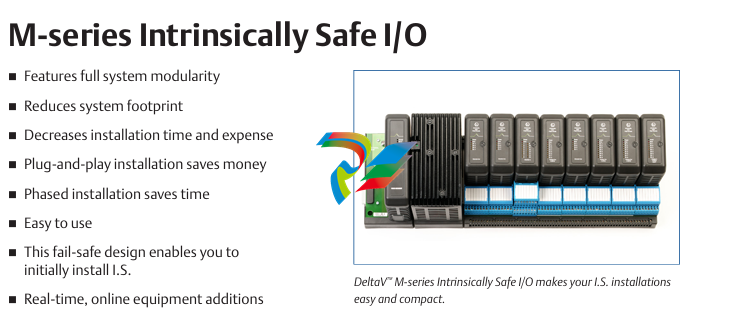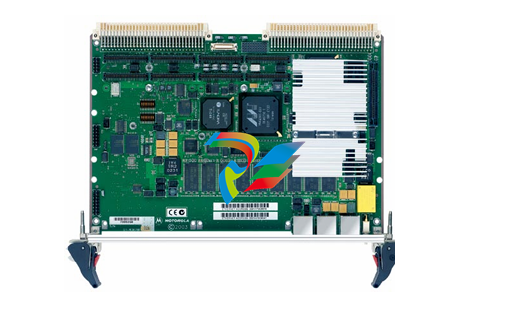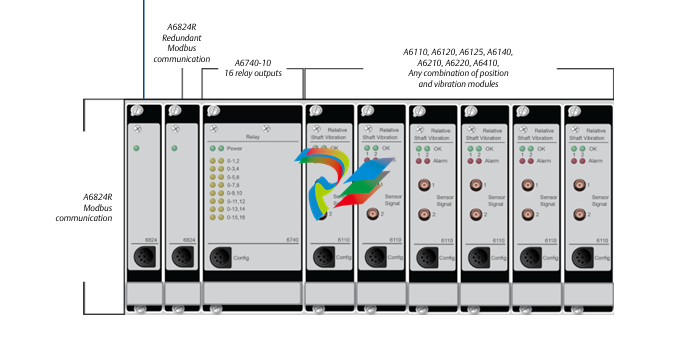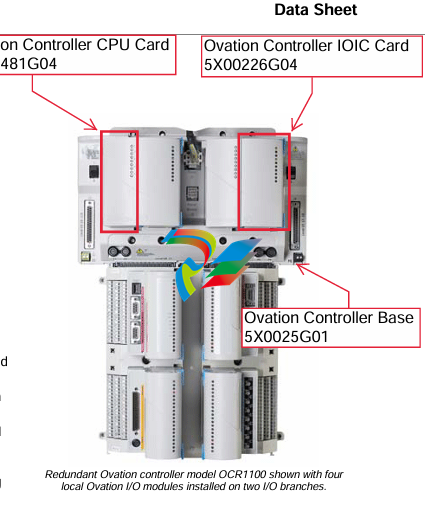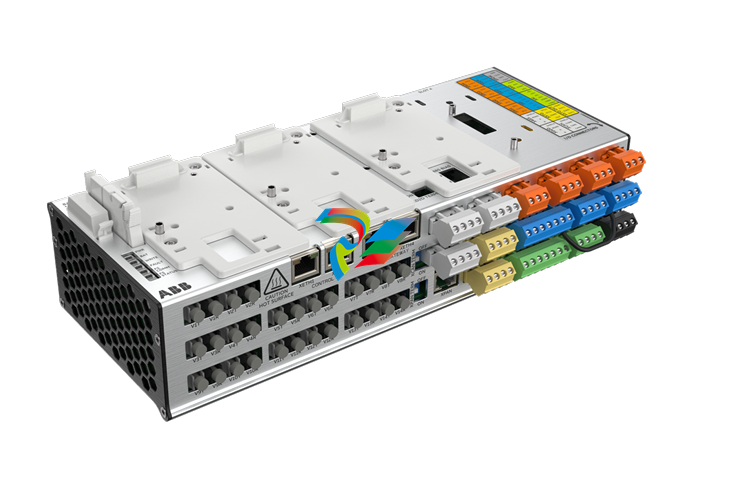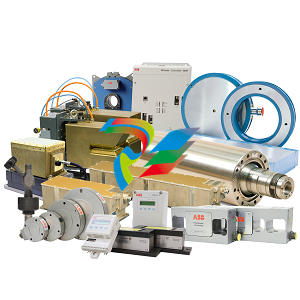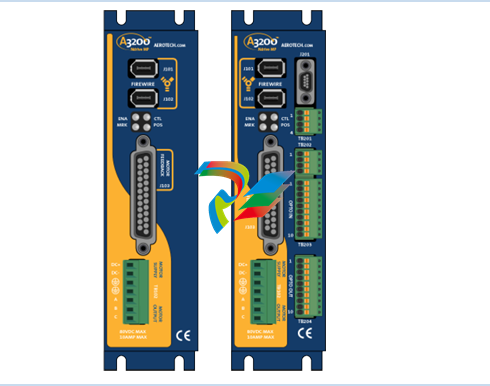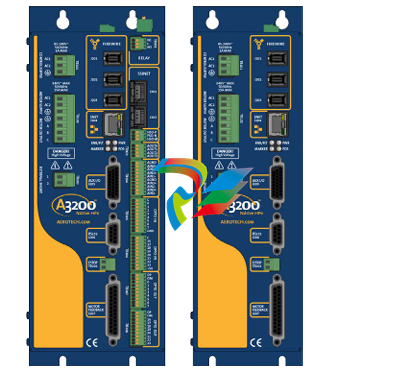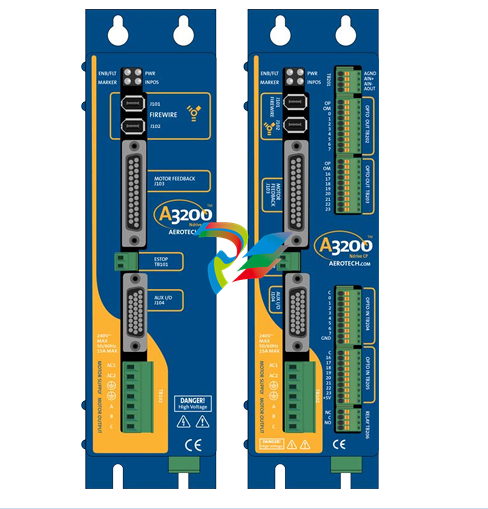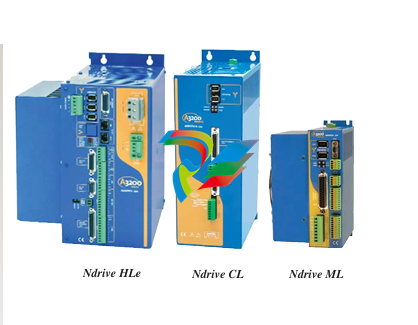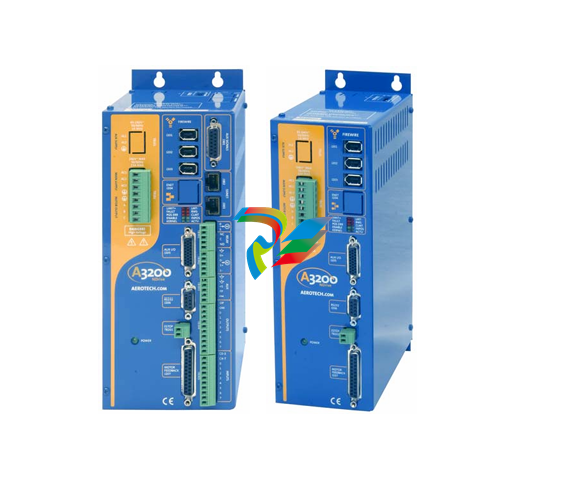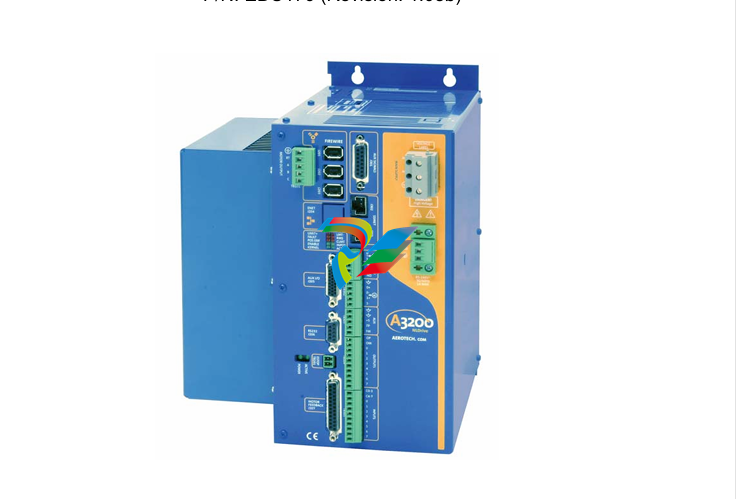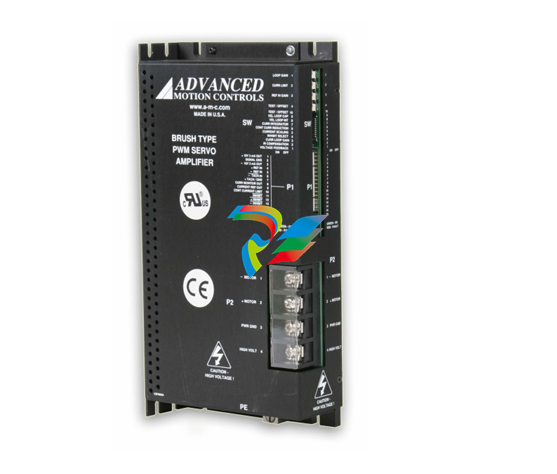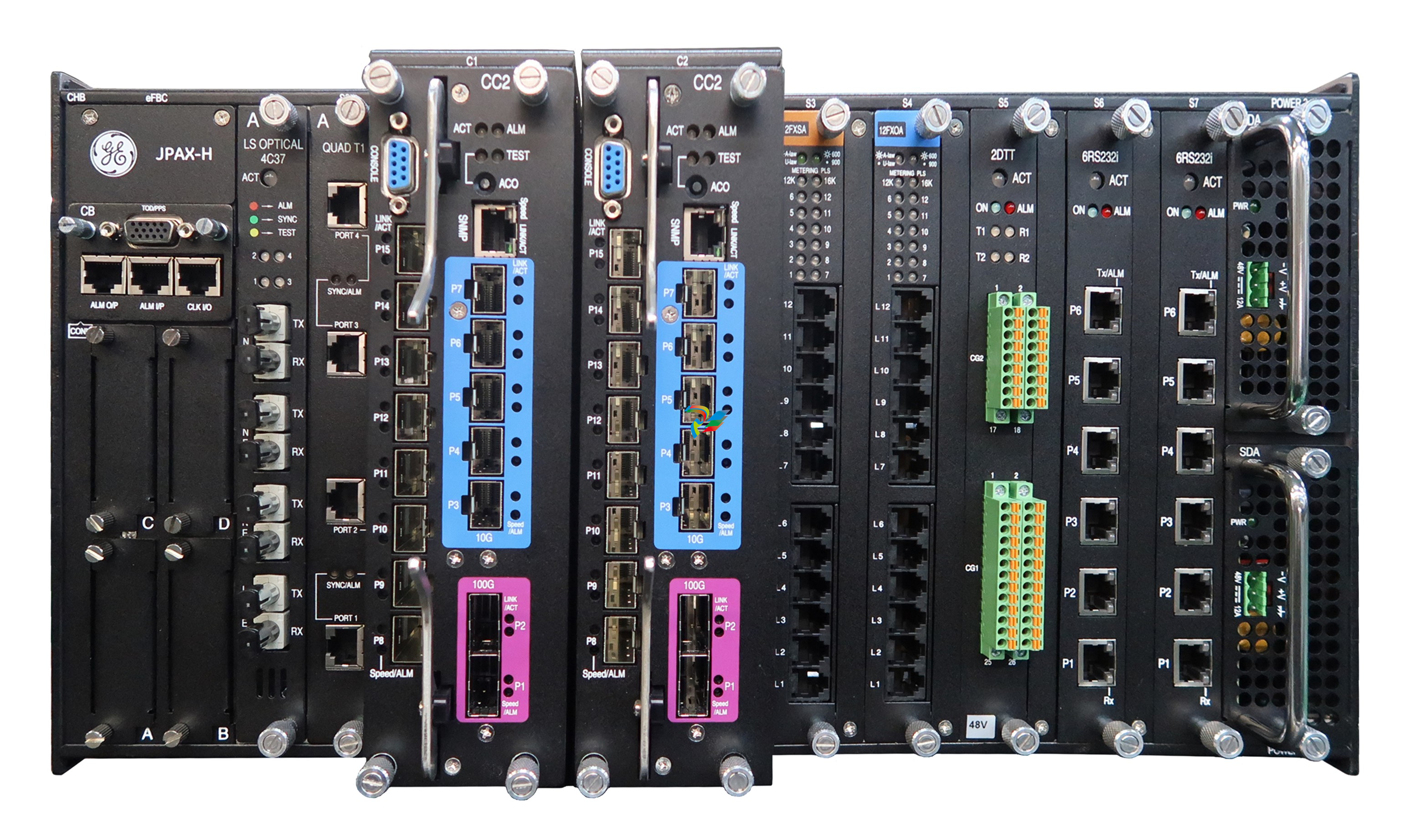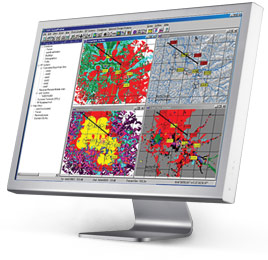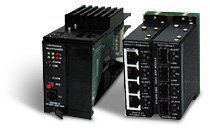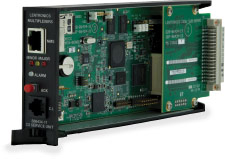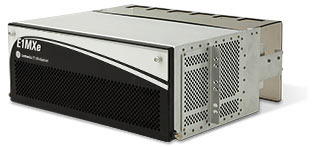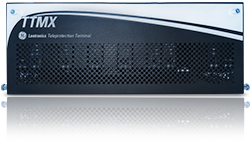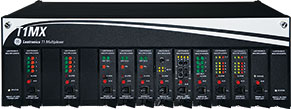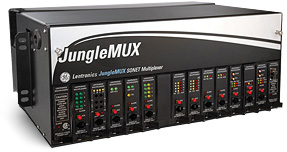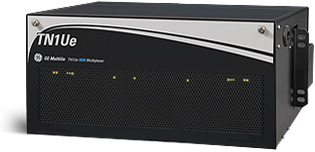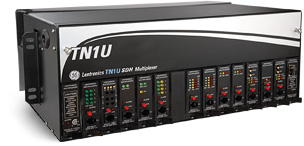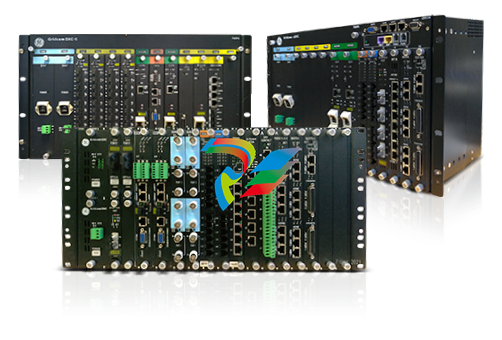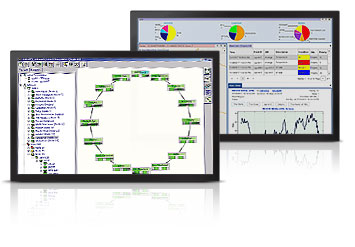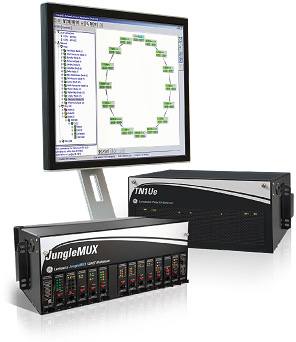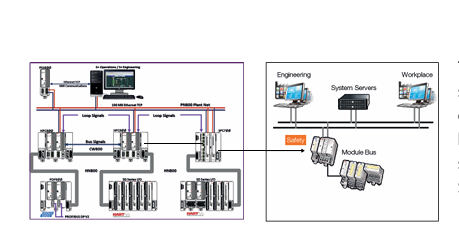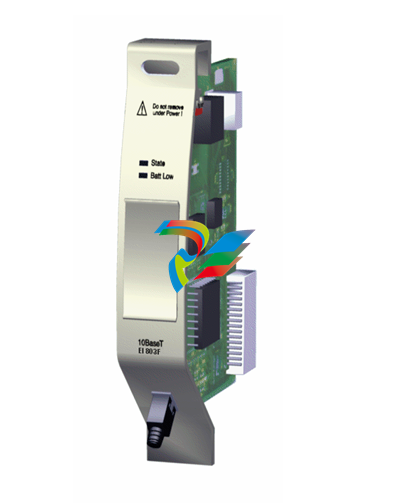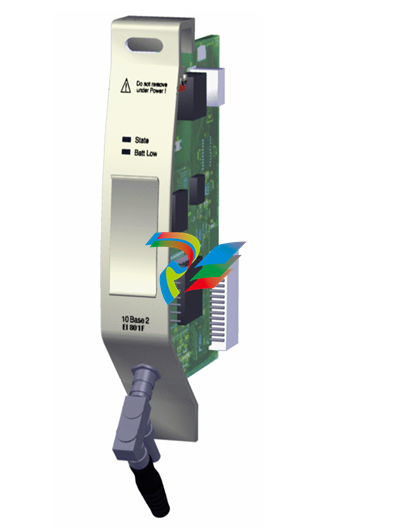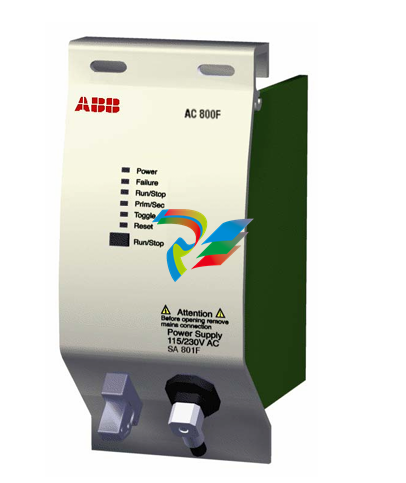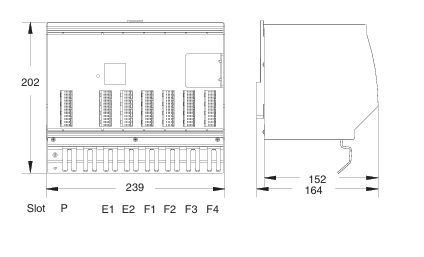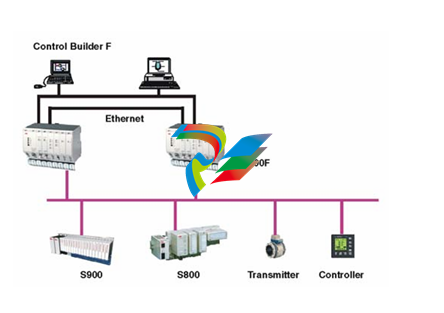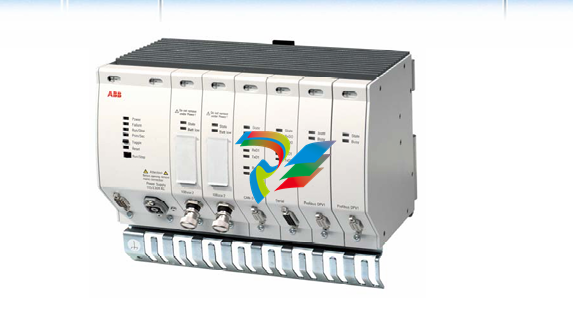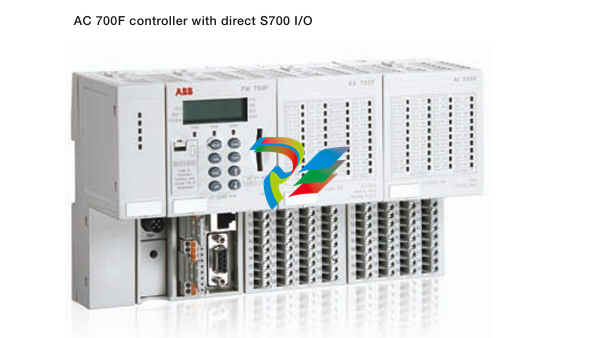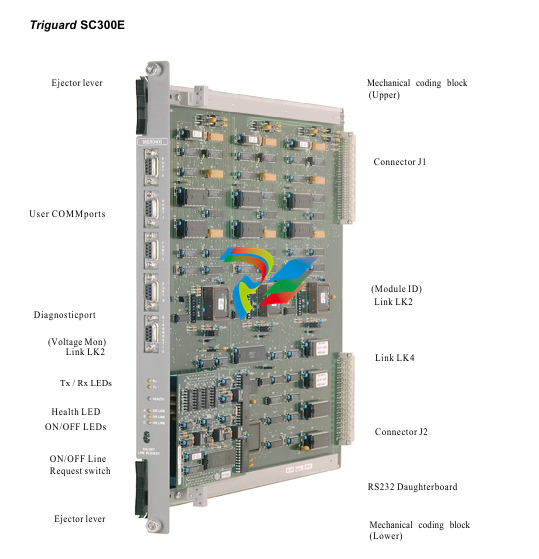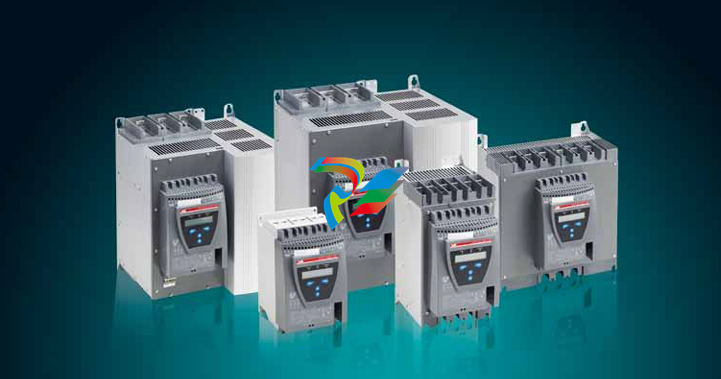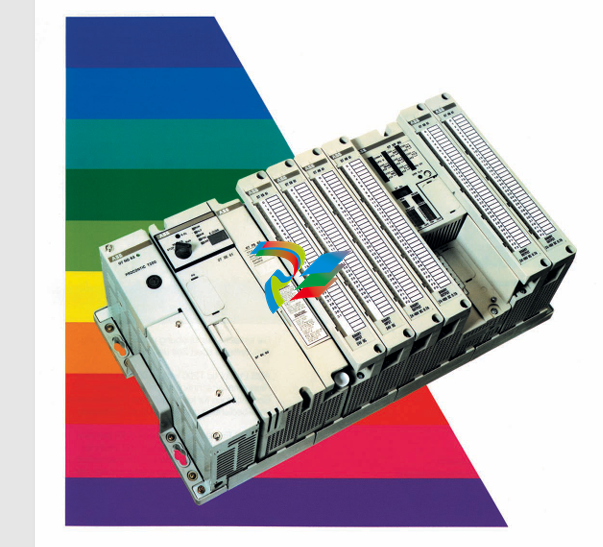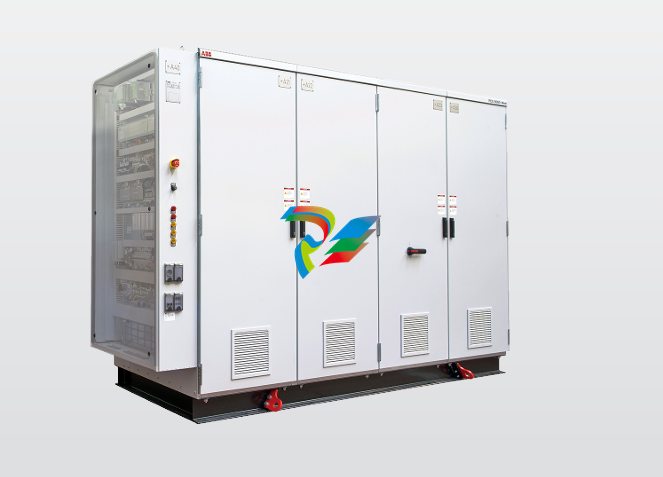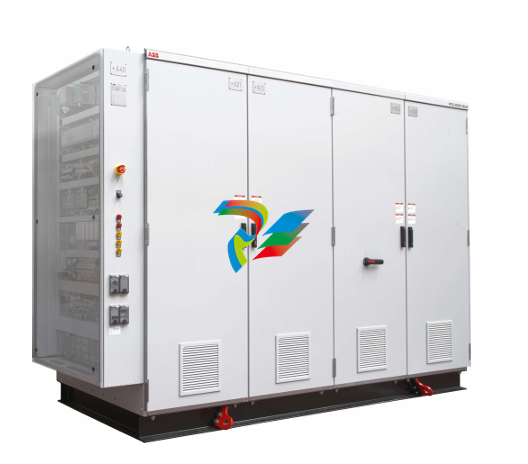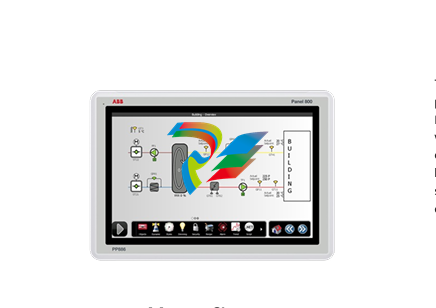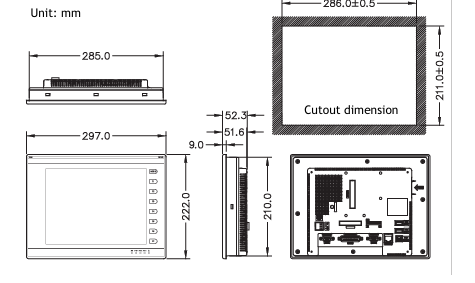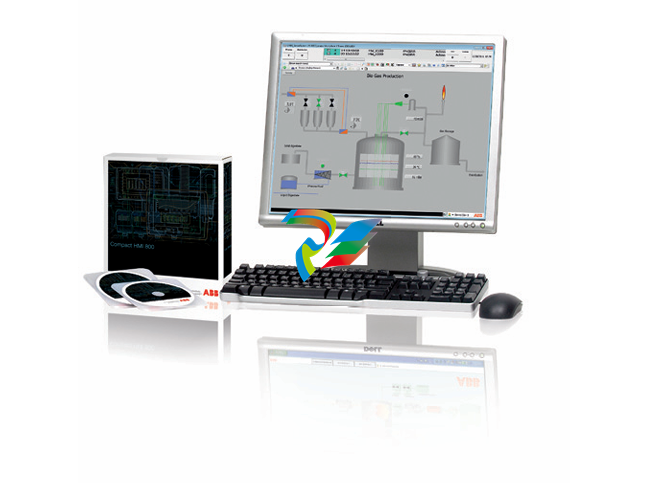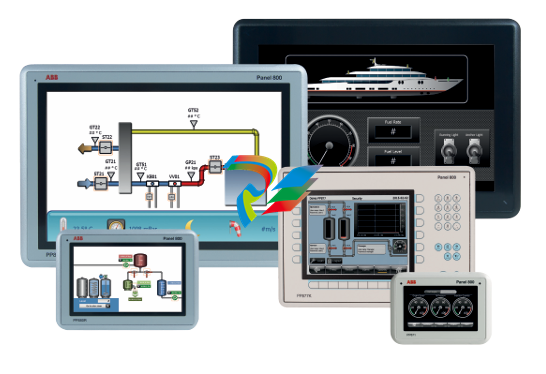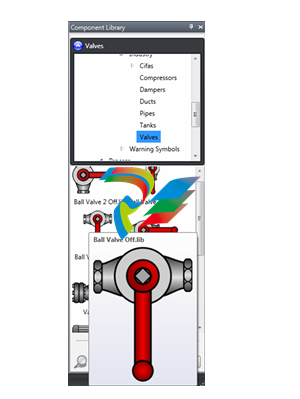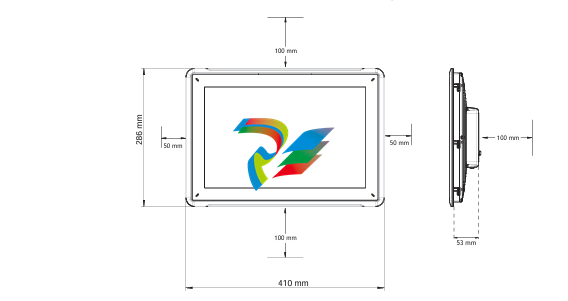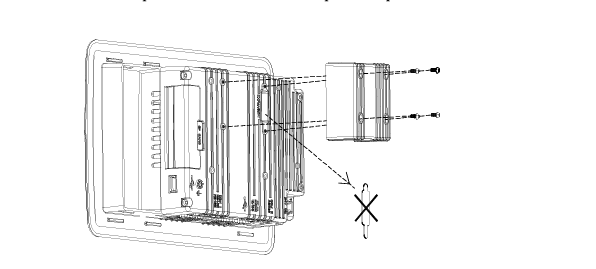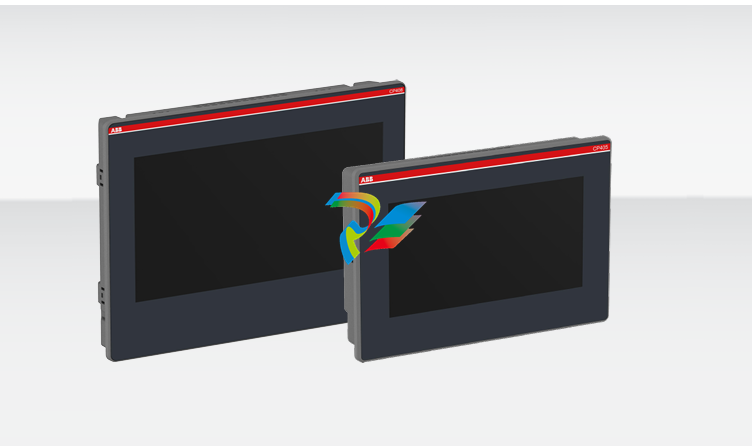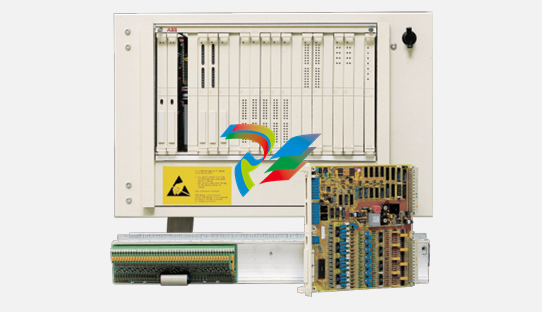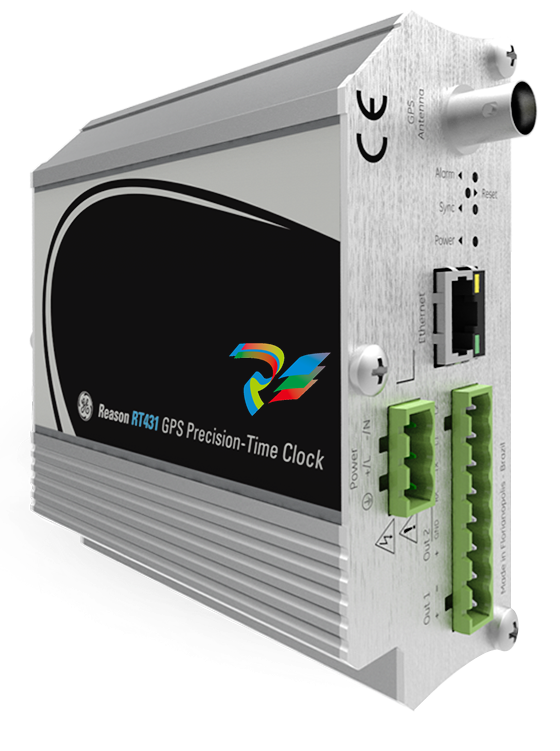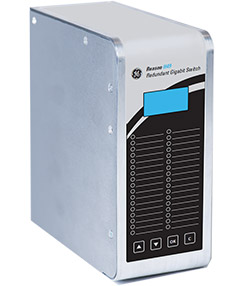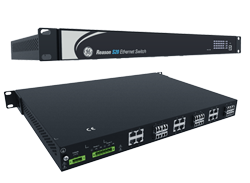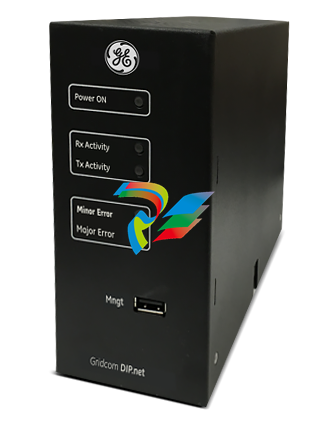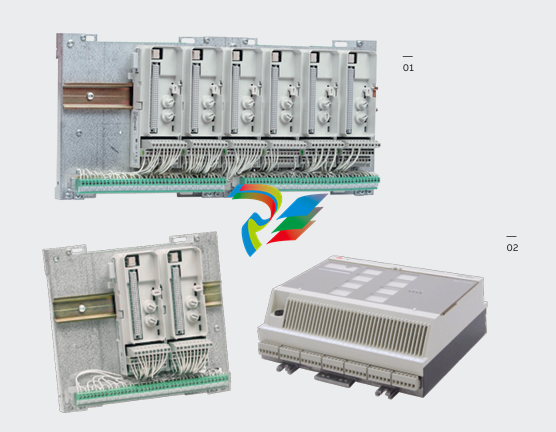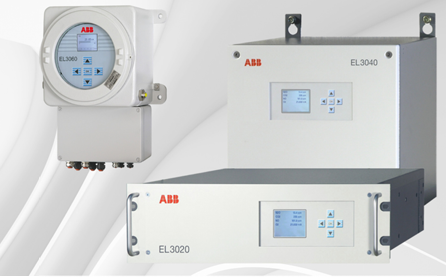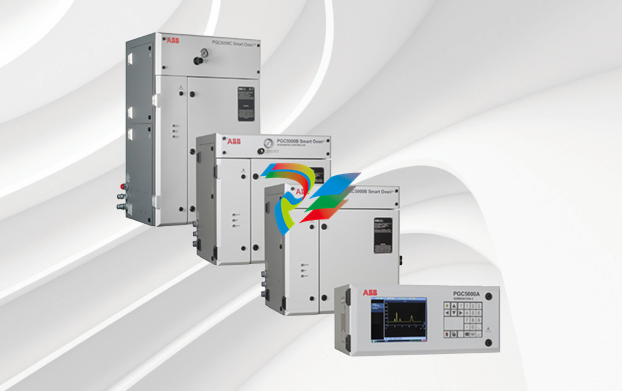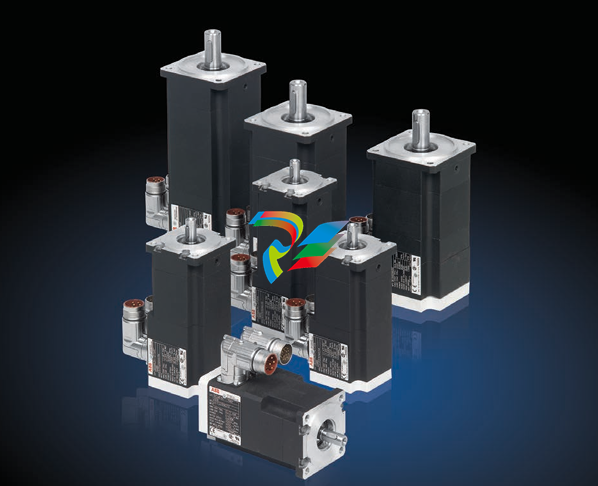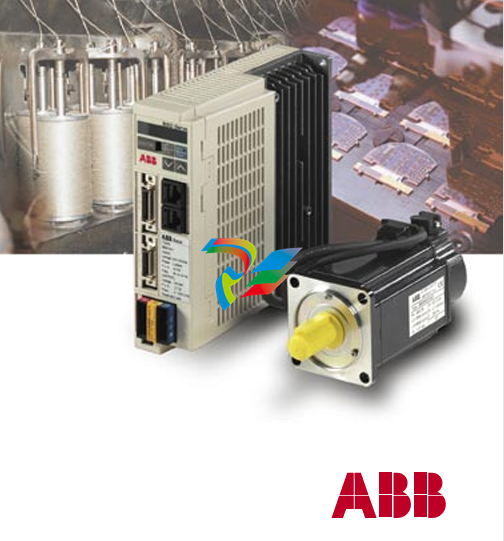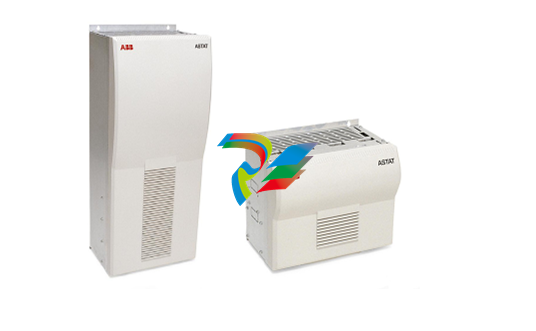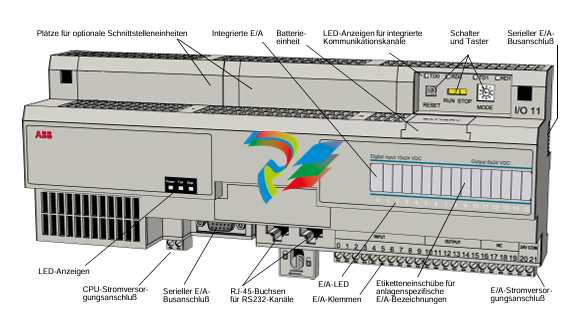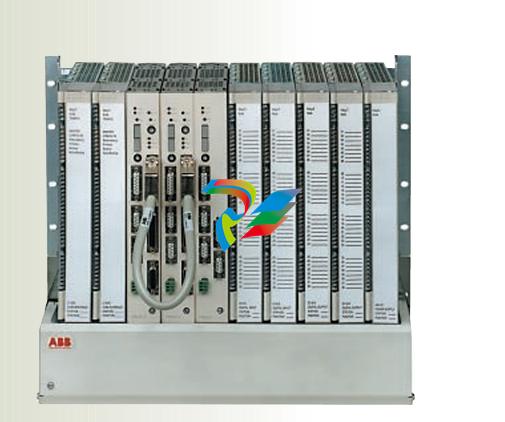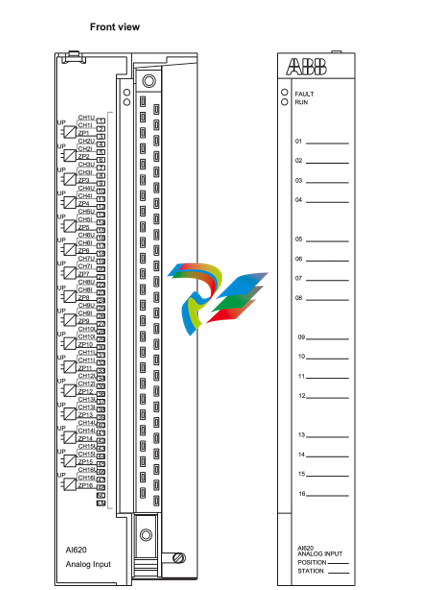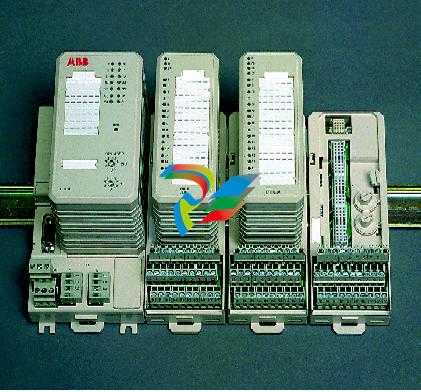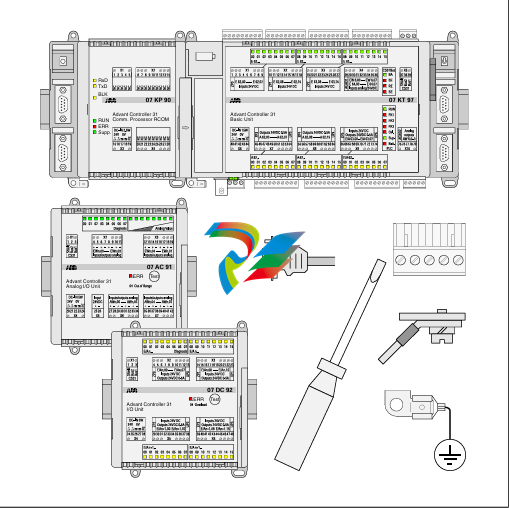
DCS; Industrial control system
Product
Article
NameDescriptionContent
Argument
Current Location:
PRODUCT SHOW
Description
**ABB 07AI90-S GJR5251200R0202: A Superior Solution for Automation in Power and Petrochemical Industries**
ABB 07AI90-S GJR5251200R0202 - Premium Industrial Control Module
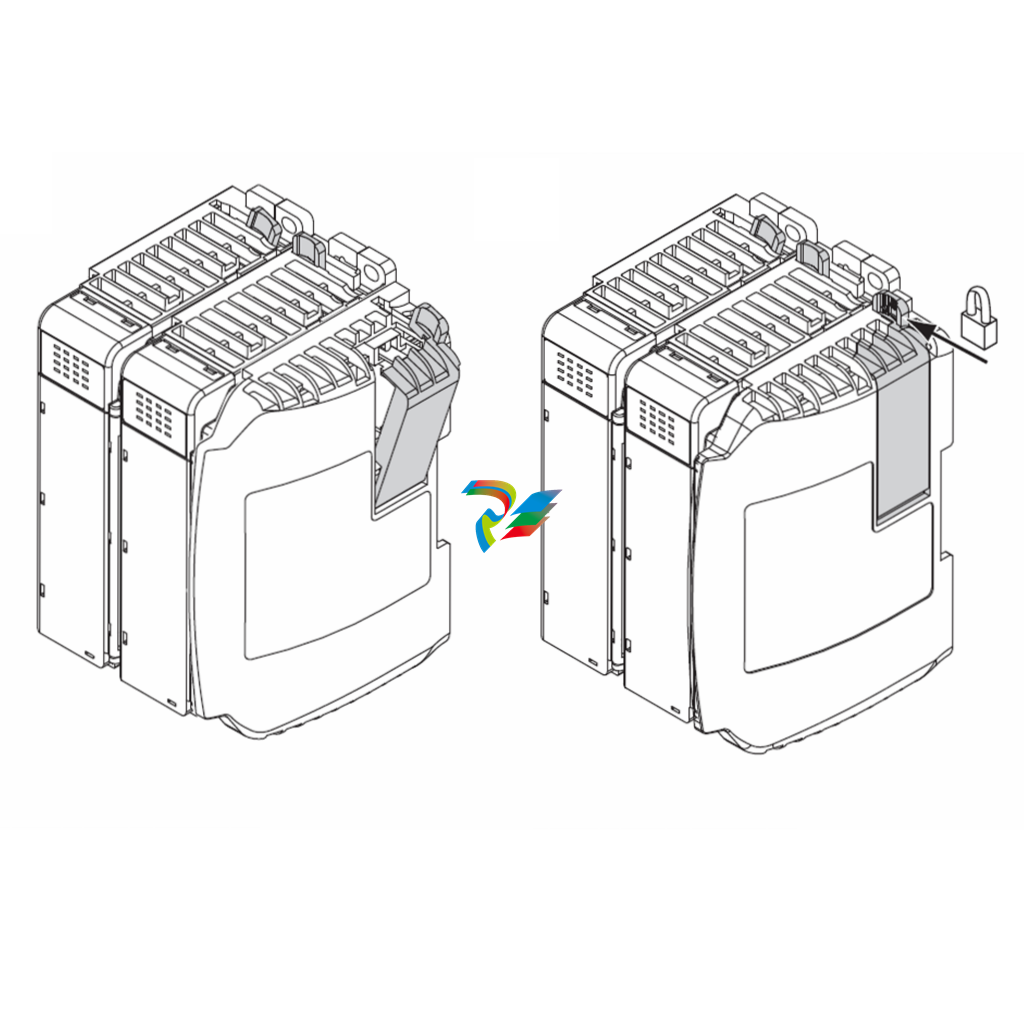
ABB 07AI90-S GJR5251200R0202 - Premium Industrial Control Module
**ABB 07AI90-S GJR5251200R0202: A Superior Solution for Automation in Power and Petrochemical Industries**
The ABB 07AI90-S GJR5251200R0202 is a state-of-the-art automation module designed to meet the demanding requirements of the power industry, petrochemical applications, and general automation processes. This versatile product is engineered to deliver exceptional performance, reliability, and durability, making it an essential component in modern industrial systems.
**Key Technical Features**
The ABB 07AI90-S GJR5251200R0202 boasts impressive input/output capacities, allowing for seamless connectivity and integration within complex automation setups. Specifically, it supports multiple I/O configurations, ensuring that it can handle various signals and operations efficiently. With robust durability, this model is built to withstand harsh environmental conditions, featuring a high IP rating that protects it from dust and moisture. Its performance metrics include rapid processing speeds and high accuracy, enabling precise control and monitoring in real-time.
The module is also designed with advanced diagnostics and self-monitoring capabilities, significantly reducing downtime and maintenance costs. With its compatibility with other ABB automation products, the 07AI90-S GJR5251200R0202 can be easily integrated into existing systems, enhancing overall operational efficiency.
**Real-World Usage Scenarios**
In the power industry, the ABB 07AI90-S GJR5251200R0202 excels in applications such as grid management and energy distribution, where accurate data collection and immediate response times are critical. In petrochemical facilities, it can be utilized for process control, ensuring optimal performance in refining and chemical production. Additionally, in general automation, this model supports a wide range of functions from machine control to data acquisition, proving its versatility across different sectors.
Overall, the 07AI90-S GJR5251200R0202 is ideal for environments that require consistent performance under pressure, making it a preferred choice for engineers and system integrators alike.
**Comparison with Other ABB Models**
When comparing the ABB 07AI90-S GJR5251200R0202 with other models such as the ABB ACS800-01 and ABB ACS580-01-293A-4, it becomes clear that the 07AI90-S offers unique advantages in terms of its I/O capabilities and environmental robustness. While the ACS800 series focuses on frequency control, the 07AI90-S is tailored for comprehensive automation tasks, making it more suitable for complex industrial applications.
Additionally, the ABB DI811 3BSE008552R1 Digital Input Module and the ABB 07AI91 WT91 GJR5251600R4202 can be integrated with the 07AI90-S to enhance its functionality, providing a more extensive range of input/output options and improving system responsiveness.
**Complementary ABB Models**
Pairing the ABB 07AI90-S GJR5251200R0202 with models such as the ABB GJR2366000R1000 81EA02E-E Analog Input Module allows for increased data handling capability, facilitating more sophisticated process monitoring. The ABB 57619791D Control Board Module can also work alongside, providing enhanced control and feedback for automation processes.
Furthermore, when integrated with the ABB 3HAC021073-001 and ABB SINT41X0 Driver Board, the 07AI90-S can optimize performance in both industrial and commercial applications. The ABB ACSM1-04AM-09A5-4+L517 SERVO DRIVER adds to the efficiency of motion control tasks, while the ABB PM152 3BSE003643R1 provides essential power management features.
In conclusion, the ABB 07AI90-S GJR5251200R0202 stands out in the realm of automation products, particularly in sectors such as the power industry and petrochemicals. Its advanced features, robust design, and compatibility with a range of other ABB models make it an indispensable asset for ensuring high-performance industrial automation. With the application of the 07AI90-S GJR5251200R0202, businesses can achieve enhanced operational efficiency and reliability in their automation processes.

Purchase history
| User name | Member Level | Quantity | Specification | Purchase Date |
|---|
Total 0 Record
Customer Reviews
Satisfaction :
5 Stars
No evaluation information



